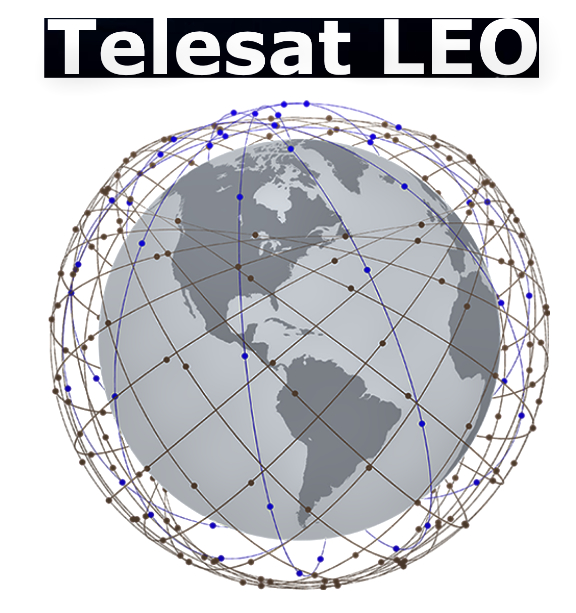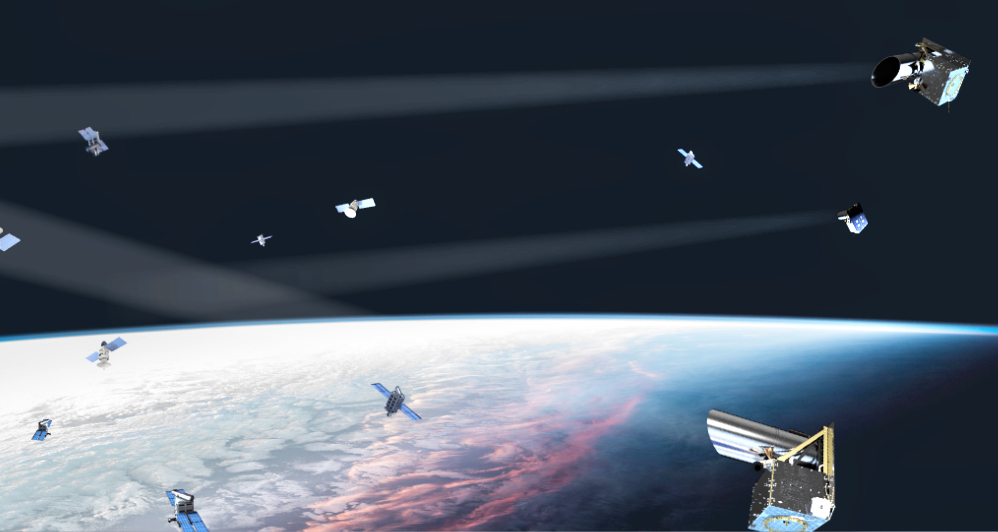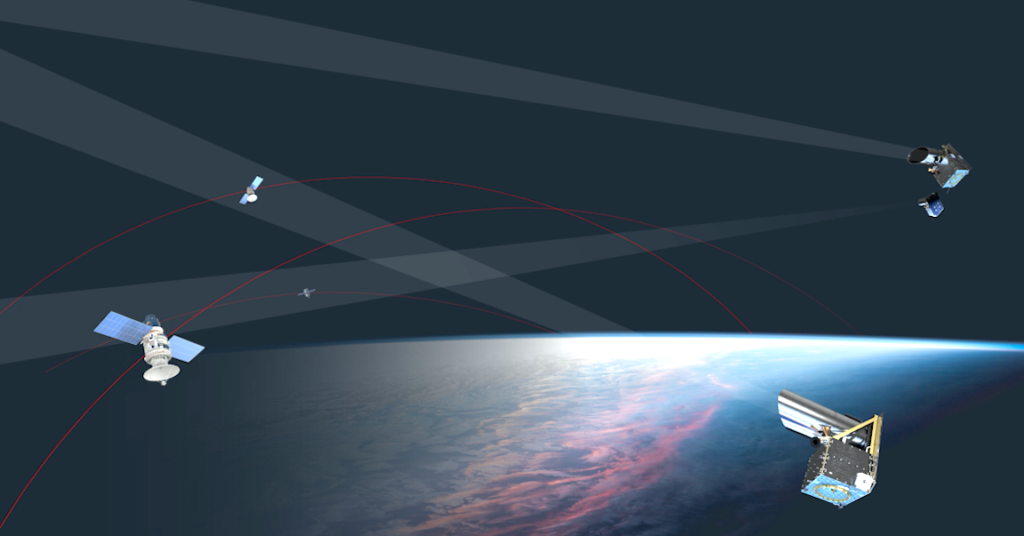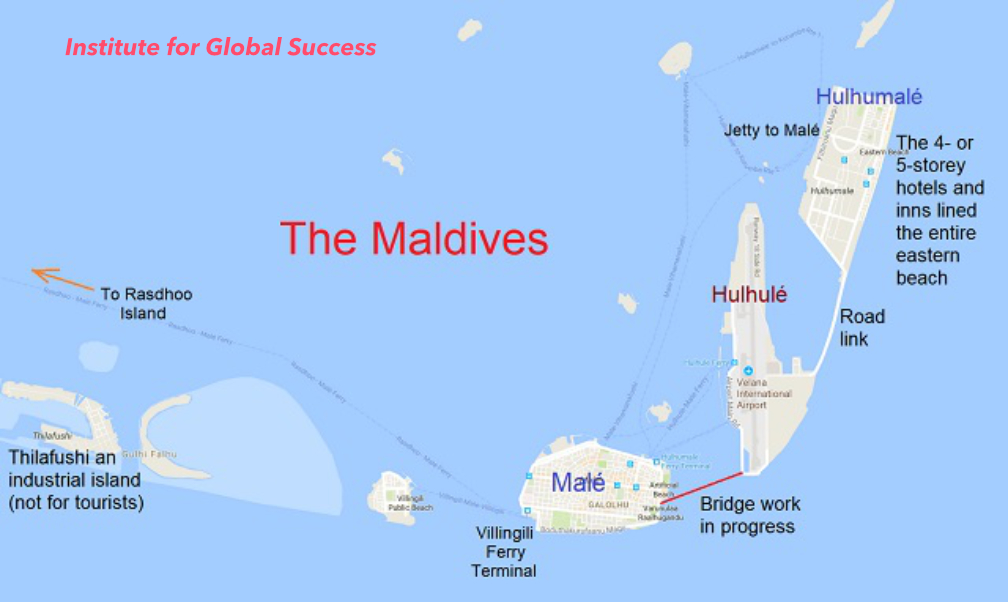
Around the world, technology-enabled solutions are having a major impact on people’s lives and livelihoods by enabling them to tap into previously unreachable markets and career paths. This is especially true for island nations such as the Maldives, where science and technology could serve as bridges that link remote communities and nurture them to truly be part of the global society.
At the Institute for Global Success (IGS) in Maldives, the mission is to develop a new breed of leaders, engineers and scientists in the Maldives. The organization aims to harness the talents and skills of young Maldivians so they can realize their full potential and expand their horizons. IGS wants to train local astronauts, equip them with the tools necessary to conduct world-class scientific research and create a platform to build and launch spacecrafts.
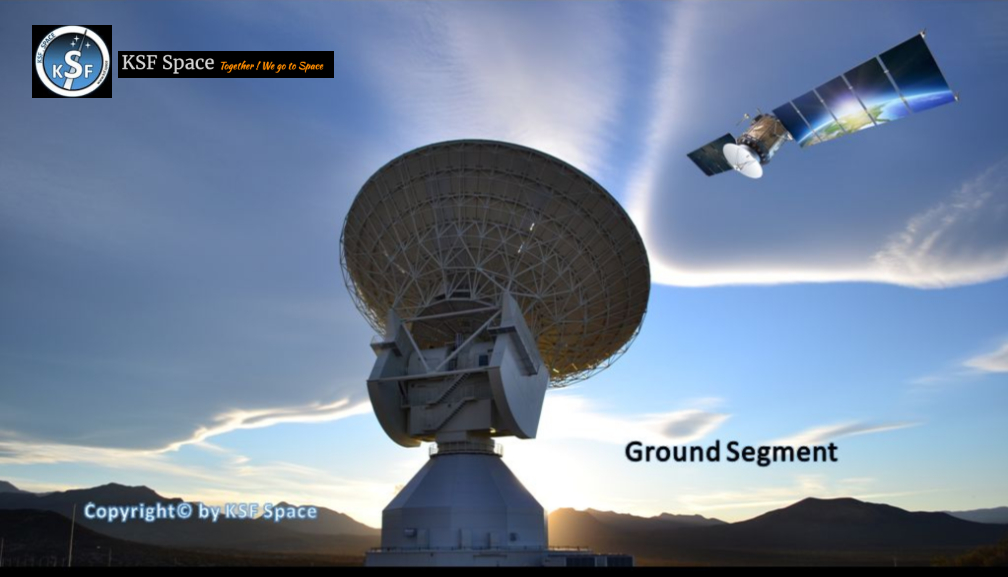
This historic partnership with KSF Space Foundation is a key milestone in realizing our dreams and position the Maldives as a regional hub for scientific research, technological breakthroughs and innovative solutions that advance our own communities as well as the humankind. IGS is confident that this partnership will contribute to the development of our own space program as welll as bring hope and open new horizons for our youth” said Rifath Mohamed, Chairman and CEO of IGS.
KSF Space Foundation was initially founded to enable cost-efficient access to LEO with zero-environmental impact flying solutions. The foundation offers access to near-space and LEO for research and scientific experiments in many fields, as Earth or Space Observation, biological testing, satellite positioning detection, earth magnetic field measurement, radio transmit, atmosphere science and technology experiment.
KSF Space Foundation also announced the launch of the world’s first NanoSatellite Engineering Professional “NEP Certification” for space education and the space industry.
Executive Comment
Dr. Kayyali, the CEO, said, “We welcome experiments and nanosatellites from universities and schools to join our future missions; we are always open to help and guide academic research all over the world, students of Maldives who will participate in building the 1st prototype CubeSat / NanoSat will be awarded NEP Professional Certification as a Grant from KSF Space Foundation in collaboration with IGS Maldives.”

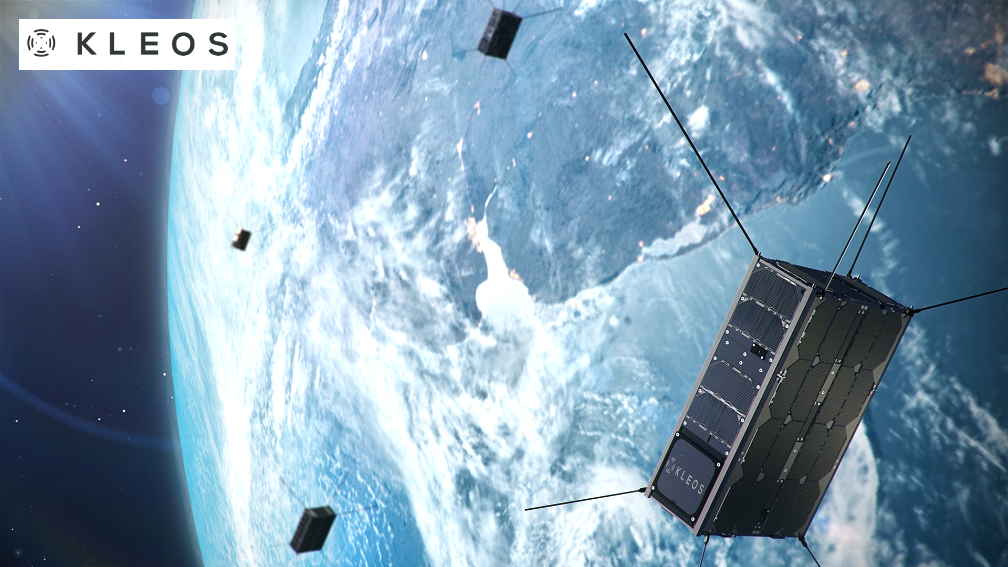





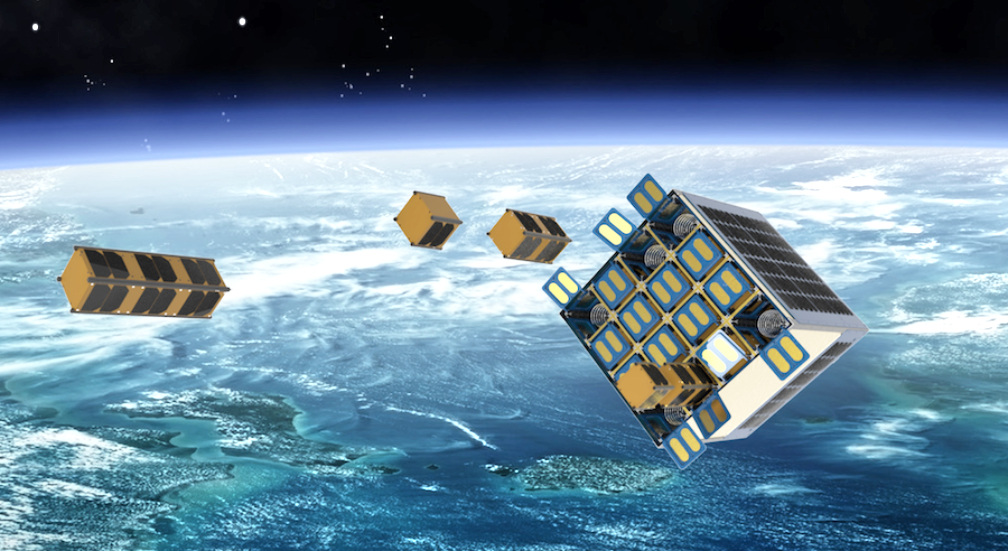


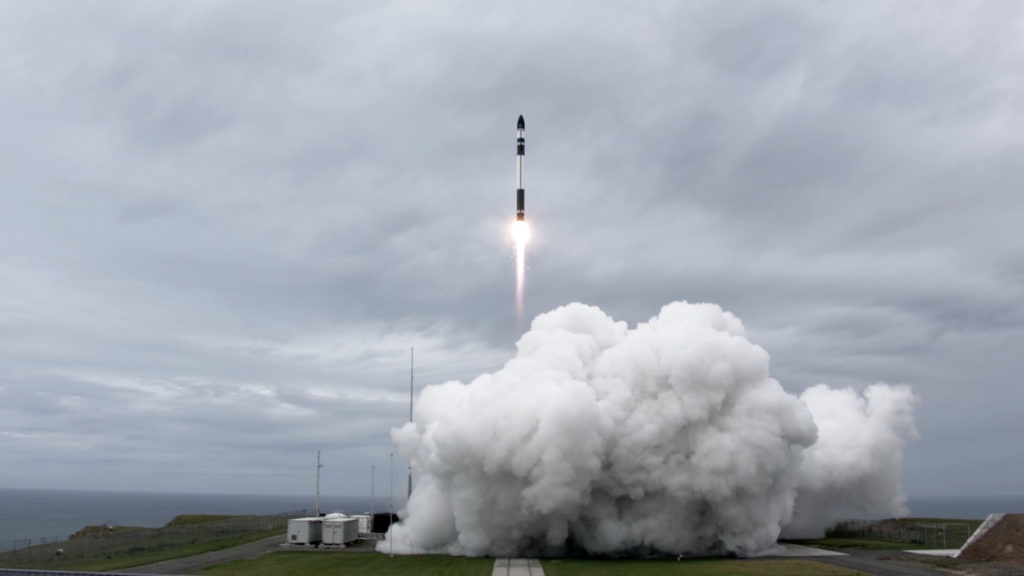
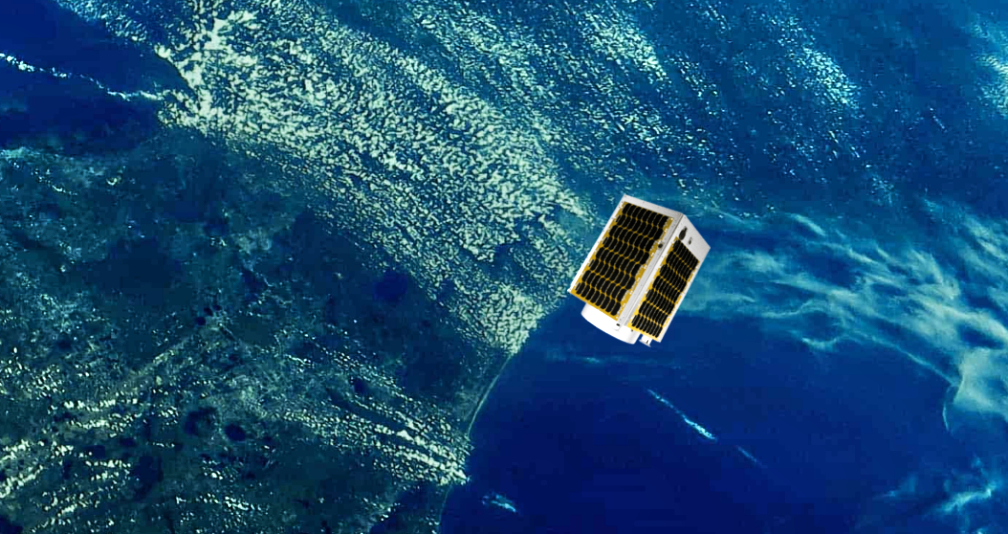 Canon Electronic’s mission objective with their CE-SAT-IIB smallsat is to demonstrate the company’s Earth-imaging capability with a middle-size telescope equipped with an ultra-high sensitivity camera to take night images of the Earth and small size telescopes suitable for cubesat use.
Canon Electronic’s mission objective with their CE-SAT-IIB smallsat is to demonstrate the company’s Earth-imaging capability with a middle-size telescope equipped with an ultra-high sensitivity camera to take night images of the Earth and small size telescopes suitable for cubesat use.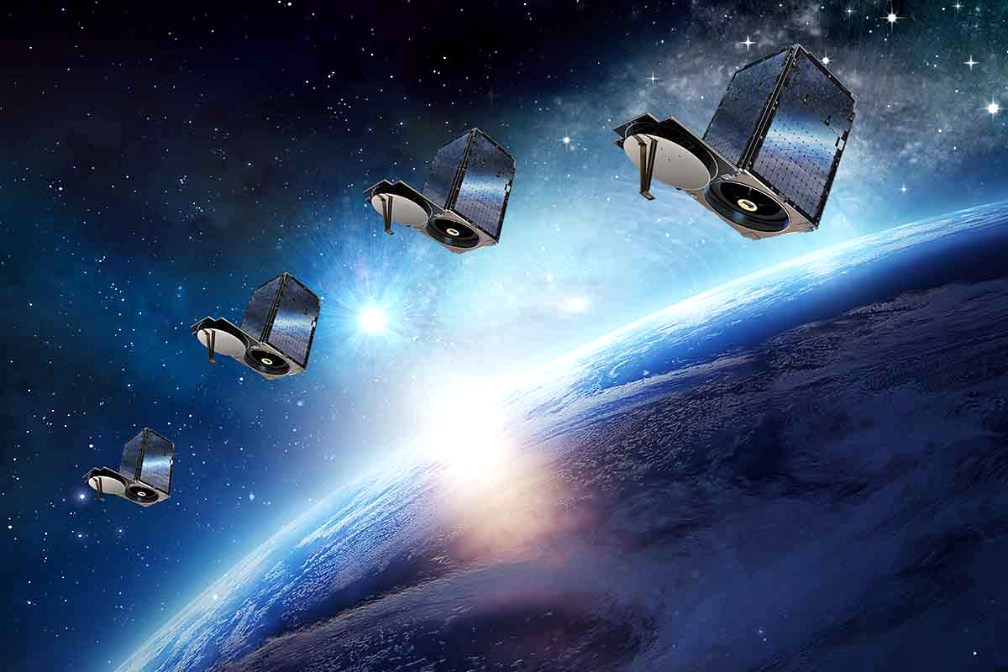 The payloads on ‘In Focus’ included the latest flock of Planet’s Earth-imaging SuperDove smallsats, each integrated with and deployed from Rocket Lab’s Maxwell satellite dispensers. Flock 4e’ bolsters Planet’s constellation of EO satellites already on-orbit providing medium-resolution global coverage and near-daily revisit.
The payloads on ‘In Focus’ included the latest flock of Planet’s Earth-imaging SuperDove smallsats, each integrated with and deployed from Rocket Lab’s Maxwell satellite dispensers. Flock 4e’ bolsters Planet’s constellation of EO satellites already on-orbit providing medium-resolution global coverage and near-daily revisit.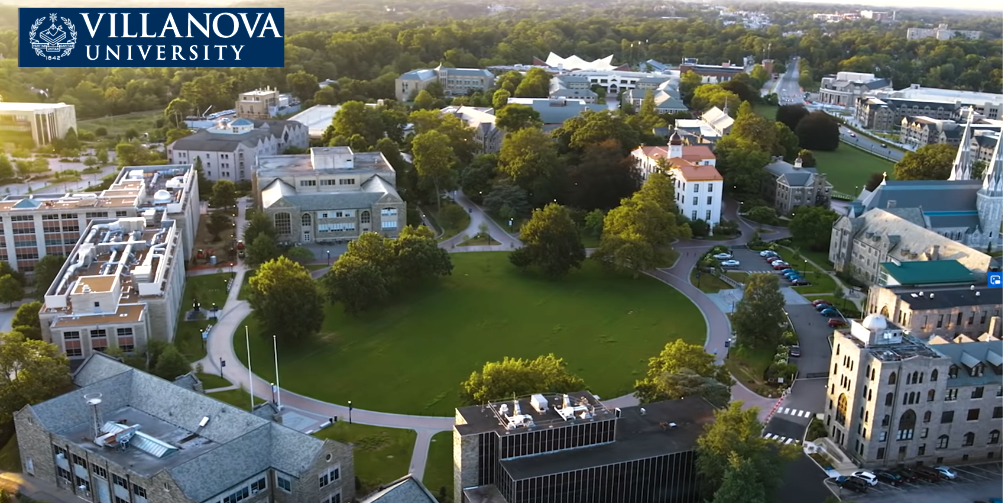

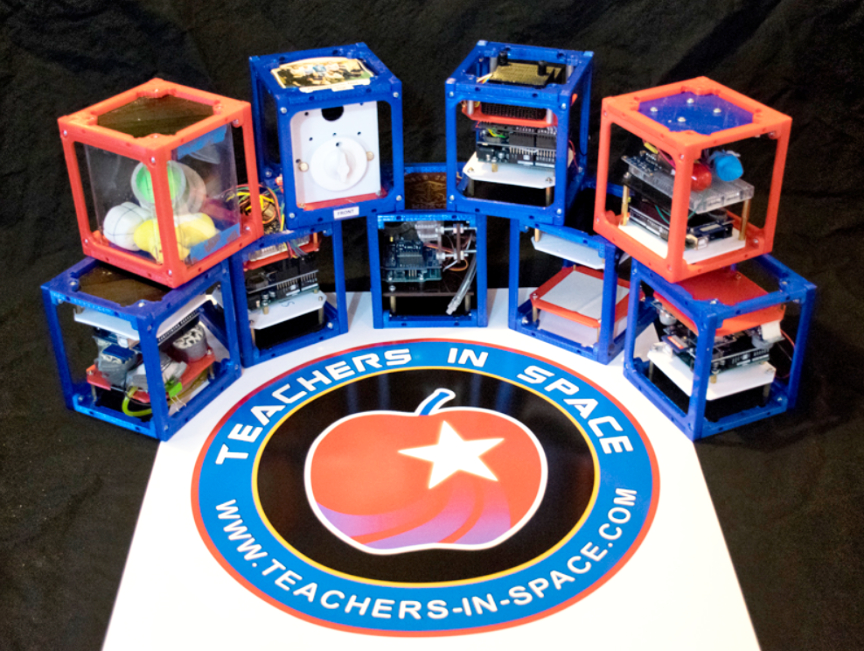


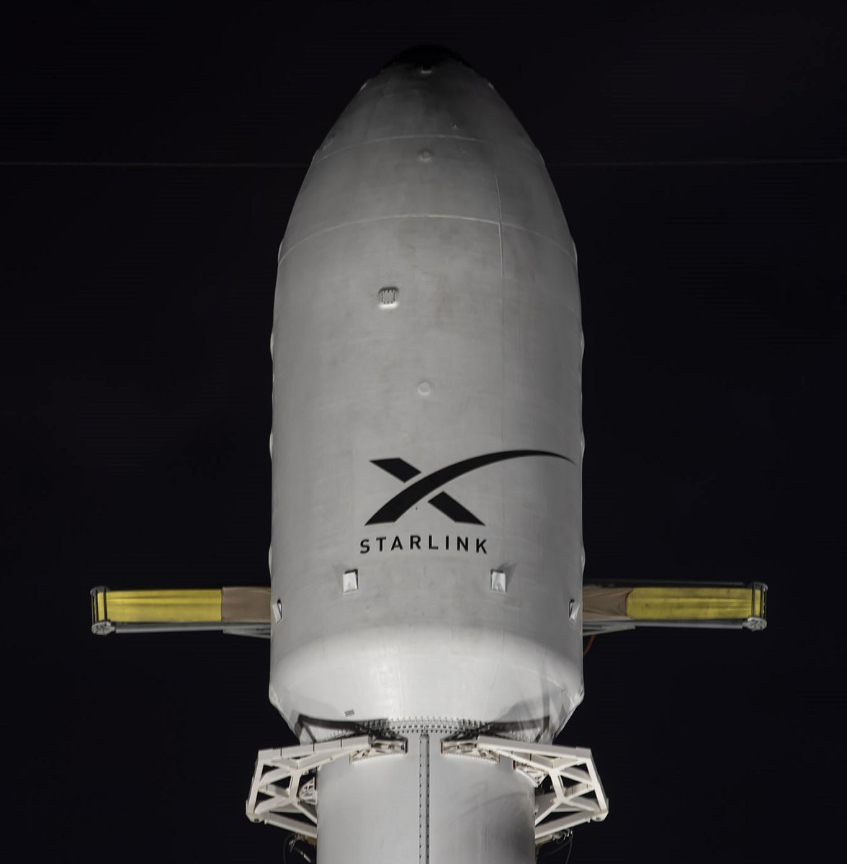 Elon Musk’s Starlink service will cost US rural subscribers $99 (84 euros) a month — the beta-test users will also have to pay $499 for the phased-array ground terminal, a tripod stand for the antenna as well as a WiFi router.
Elon Musk’s Starlink service will cost US rural subscribers $99 (84 euros) a month — the beta-test users will also have to pay $499 for the phased-array ground terminal, a tripod stand for the antenna as well as a WiFi router.

